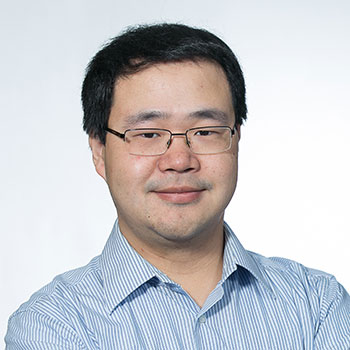Therapeutic Approaches for New Discoveries
Rare Diseases & Conditions
There are more than 7,000 diseases defined as “rare” by the National Institutes of Health, generally those that impact fewer than 200,000 people. Please select disease or condition from the list below for more information about the latest in research, clinical trials and therapy strategies.
Education and Research Opportunities
Li Weibo Institute for Rare Diseases Research is home to the world-class preeminent researchers, who are committed for years to uncovering new discoveries. Working closely together in this uniquely collaborative environment, they seek to identify and develop solutions to devastating ailments, from heart disease to ALS. Their efforts have the potential to unlock therapies or even cures for people with a variety of rare diseases.










